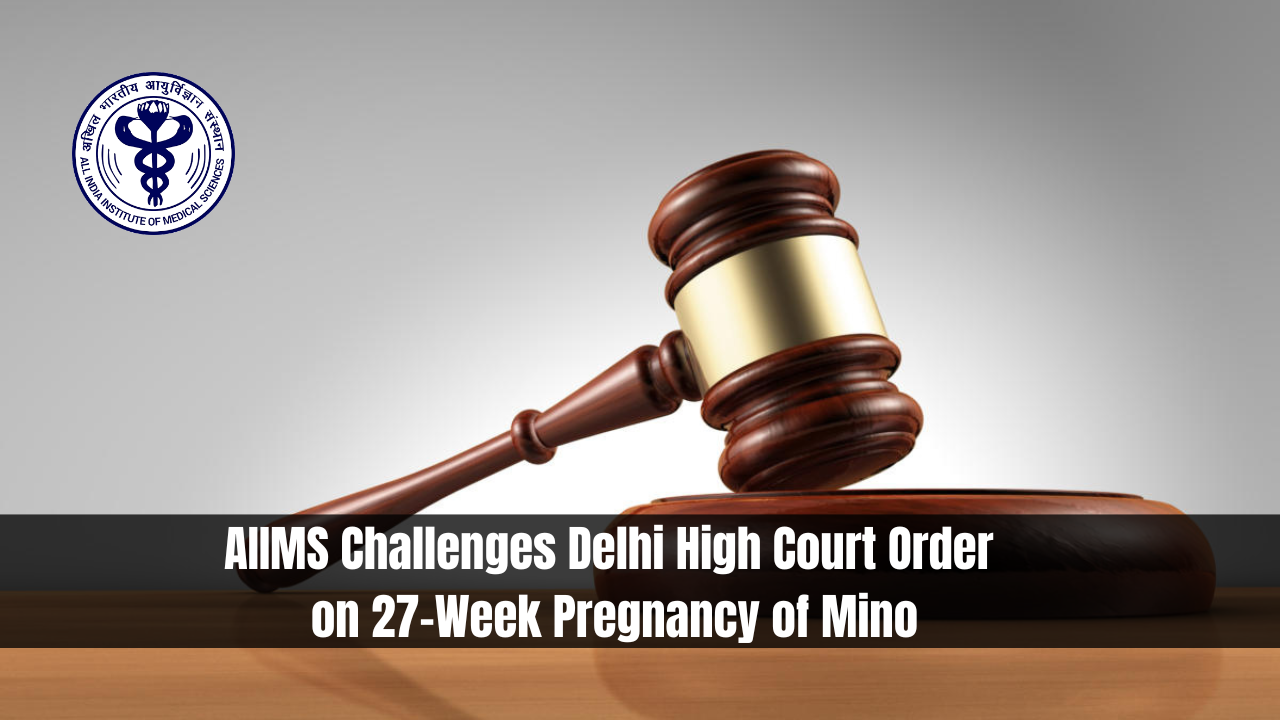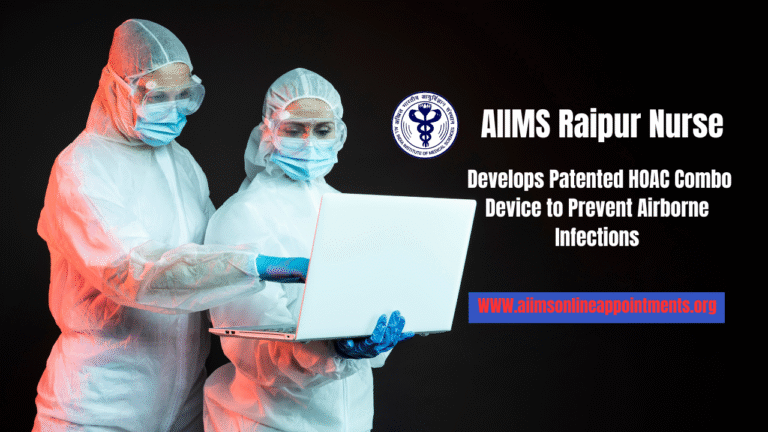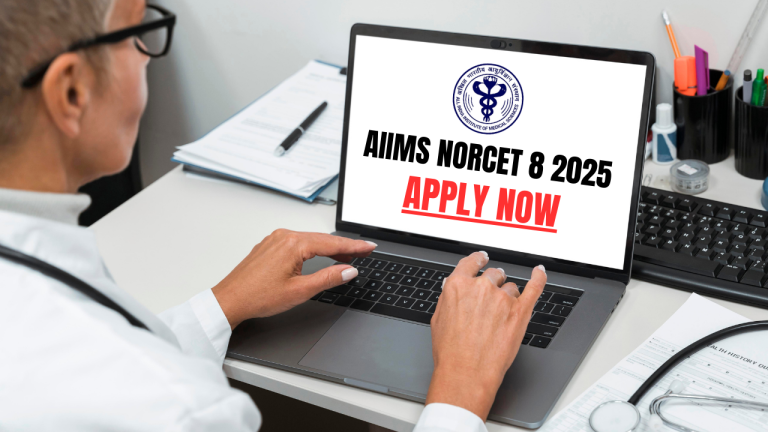AIIMS Challenges Delhi High Court Order on 27-Week Pregnancy of Minor
AIIMS Challenges Delhi High Court Order on 27-Week Pregnancy of Minor. In a sensitive and legally complex case, the All India Institute of Medical Sciences (AIIMS) has approached the Delhi High Court to challenge an earlier order that permitted the termination of a 27-week pregnancy of a 16-year-old rape survivor. The case has sparked nationwide discussions around women’s reproductive rights, medical ethics, and legal limitations under the Medical Termination of Pregnancy (MTP) Act in India.
This incident not only raises crucial questions about the scope of legal abortion in India, but also brings attention to the importance of adolescent health, trauma care, and long-term support for minor rape victims.
Read Also: AIIMS Online Appointment
What is Case
On June 30, 2025, a single-judge bench of the Delhi High Court passed an order allowing the medical termination of a 27-week pregnancy of a minor girl who had been subjected to sexual assault. However, AIIMS, in its expert capacity, raised serious concerns regarding the potential risks involved in terminating the pregnancy at such an advanced stage.
AIIMS, through Additional Solicitor General Aishwarya Bhati, appealed the decision on the grounds that abortion at 27 weeks amounts to foeticide, which is only permitted under Indian law in rare cases — such as when the mother’s life is at risk or if the foetus has serious anomalies.
AIIMS Position – Medical and Legal Concerns
The AIIMS medical board, after examining the girl, concluded that she was physically stable and that a pre-term abortion or caesarean delivery could pose severe long-term consequences on her reproductive health. They further emphasized that continuing the pregnancy was a safer option at this stage.
According to AIIMS, while the trauma the girl endured is deeply unfortunate, medical science suggests that performing an abortion at 27 weeks is not only dangerous but ethically questionable, especially when the foetus is viable and there is no immediate threat to the mother’s life.
Delhi High Court Response – Modified Decision
Responding to AIIMS’ urgent appeal, a division bench led by Chief Justice DK Upadhyaya and Justice Anish Dayal reviewed the single judge’s order. The bench eventually modified the previous ruling and directed that the pregnancy be continued, aligning with the AIIMS board’s recommendation.
The bench also made several important observations:
- The minor girl shall remain under AIIMS’ care until the delivery.
- She will receive free medical and psychological care for five years.
- The court suggested post-delivery adoption as a possible route, offering the survivor and her family an alternative to parenting.
Survivor Story – A Timeline of Trauma
The young girl’s ordeal began during Diwali in 2024, when she was first sexually assaulted. Out of fear and trauma, she did not disclose the incident to anyone. In March 2025, she was assaulted again by another individual, which eventually led to her unintended pregnancy.
The pregnancy was only discovered after she visited a doctor in the company of her sister. Upon learning the truth, her family promptly approached the local police, and an official case was filed in June 2025, which was beyond the legal 24-week window for abortion under the MTP Act.
Legal Framework – What Does Indian Law Say?
Under the Medical Termination of Pregnancy Act (MTP), 1971, as amended in 2021, the permissible window for abortion is up to 24 weeks for certain categories of women, including minors and rape survivors. However, termination beyond this period is allowed only if continuing the pregnancy poses a serious threat to the life of the mother or if the foetus suffers from major anomalies.
In this case, AIIMS experts found neither condition applicable, making a 27-week abortion legally and medically unjustified.
Delhi Government Role
The Delhi High Court has also directed the Delhi government to submit an affidavit outlining the support system for the survivor and the child. This includes potential options for state-supported care, rehabilitation, education, and counseling for the minor mother.
Ethical Questions Raised
This case brings forth several ethical and policy-related questions:
- Should there be more flexibility in abortion laws for minors?
- How can India strengthen psychological and legal support for rape survivors?
- Should decisions regarding late-term abortions be entirely left to medical boards or require judicial intervention?
Conclusion
AIIMS challenge to the Delhi High Court order on the termination of a 27-week pregnancy of a minor girl has set a precedent in balancing legal rights, medical risks, and ethical responsibilities. While the court has shown sensitivity towards the survivor’s trauma, it has also respected the medical board’s judgment and upheld the law’s integrity.







